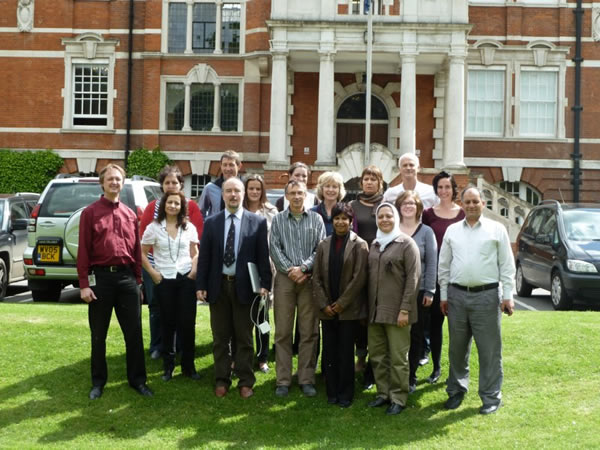
The Natural Resources Institute (NRI) hosted an international workshop from 9 to 11 May 2012 with experts attending from France, Portugal, Madagascar, Senegal, Cameroon, Benin, Ghana and Egypt. The purpose of the meeting was to bring together partners from a European Union funded FP7 project, AFTER, (African Food Tradition Revisited by Research).
By generating and sharing knowledge on food technology, the AFTER project intends to help improve, develop and create products and/or technologies that can benefit both European and African food enterprises. Research outputs will contribute to improving the competitiveness of these products and identifying marketing opportunities in African and European markets.
The project is led by CIRAD (Centre de coopération International en Recherché Agronomique pour le Développement) in France and NRI leads the activities related to consumer acceptance and marketing.
The foods we are currently working with are not commonly consumed in the EU, and they include:
- Fermented cereal-based products: Eg. Akpan and Gowe from Benin, Kenkey from Ghana, and Kishk Sa'eedi from Egypt.
- Fermented salted fish and meat: Eg. Lanhouin (cassava fish, Spendotolithus sp.) from Benin, Kitoza from Madagascar and Kong (catfish, Arius heudelotii) from Senegal.
- Traditional plant based extracts for functional foods: Eg. Bissap (Hibiscus sabdariffa) and Baobab (Adansonia digitata L.) from Senegal and Jaabi (Ziziphus Mauritiana) from Cameroon.
All lessons learnt through the project, and the methodologies for the assessment of traditional products and new processing methods, will be shared with countries in Africa, the EU and more widely in Asia and South America.
If you are interested to find out more about these foods, visit the project website (www.after-fp7.eu).

